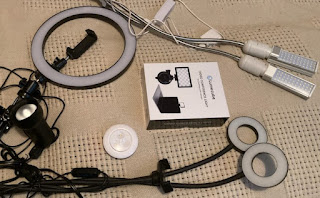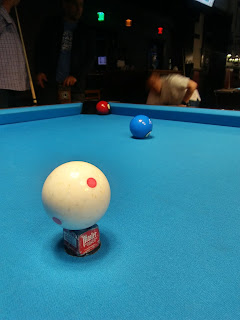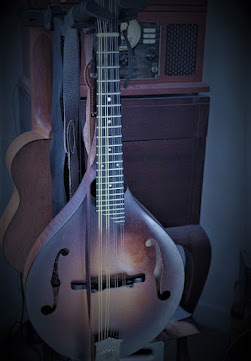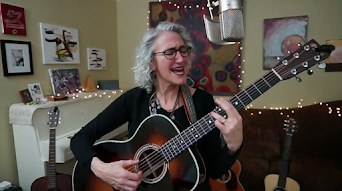Wonder - Flash Fiction
He was in the park, laughing and throwing seed to birds. Pigeons swaggered awkwardly around him like old men hanging out on corners. Two stroller-pushers - mothers or nannies - swerved wide with mild alarm, as if the inappropriate happiness of this old man on the bench might harm their babies.
"Bread swells in their craws," he said, looking up at me,"and will kill them. Rice, too. That's why people throw bird-seed at weddings." Willard held up the small paper sack to me, but I declined. He pulled more seed from it and broadcast wide; pigeons ambled forward, pecking and deliberating.
He had endless obscure facts, and I wanted to sit and listen to all of them. This time, though, the little man in his practical suit who sat in the park every day had little to say. He just smiled with childlike wonder, admiring the birds as if they were a committee he was orchestrating or an orchestra he was conducting. He'd look up at me from time to time, knowing I would share the twinkle in his eye, but otherwise having pretty much no interest in what I was doing. It was good; I had no interest in being speculated.
I liked the lack of pressure being around Willard. There were no expectations, no polite implications that I was daydreaming or confused. I show so much potential, people always tell me, and then they trail off...
Not him, though, not Willard. With a generational difference and unknown levels of financial stratification between us, we had a friendship unspoken. We were equals. People probably misunderstood him, too. The way he didn't ask about my life was a form of respect. Willard saw in me not confusion but a special sort of intellect - a starburst mind, he called it. He said that if anyone would listen long enough, they'd find I always wind up back at the beginning. I was a natural storyteller - all the branches lead back to the root, he said.
"Most people will tell you they follow logic, but without really listening they're only following the footsteps of whoever's walking in front of them." I loved the validation, loved being told what I'd always felt was right.
Water rustled against a cement conduit meant to represent waterfalls. Raindrops slipped through the leaves and left dark circles on the sidewalk. Willard shook the last seed out of the sack; blackbirds and pigeons looked up only briefly, maybe taking a sidestep or two. Willard stood up, balled the empty paper sack, and stuffed it in the pocket of his trench coat.
"Well, that's it, then," he announced to nobody, maybe the birds. "Let's go home." He nodded to me, and we departed in different directions.
I wondered if anyone was waiting for him, at home.
Edgardo Vega Yunqué became my friend over two decades of online chat and many emails. To call him temperamental would be an understatement. Our discourse over the years covered many topics, especially jazz. When I read his largest book, No Matter How Much You Promise to Cook and Pay the Rent You Blew It Cauze Bill Bailey Ain't Never Coming Home Again, I fired off an angry email for what he'd done to one of the characters. He responded by giving me his phone number and a warning: "Don't call today. I'm watching the Super Bowl." Ed truly loved New York City and played the ambassador whenever he could, in hope that every visitor would love his city, too. During the subway ride on which we took these pictures of each other, Ed and I talked about our deceased sons visiting in dreams. "In the dream, he was sitting like you are there," he said of his son Tim. "I didn't know what to do, so I asked him, 'How ya doing?' He said, 'I'm dead, Dad.' And that was it." Ed was a practicing Buddhist and did not believe in afterlife or reincarnation. He felt monotheism was actually harmful to people. I disagreed with him, and he never took my head off for it.












Comments
Post a Comment
Please comment. Just Don't be a dick. Please subscribe to this blog. Email confirmation will be sent - please verify your decision to receive my validations.